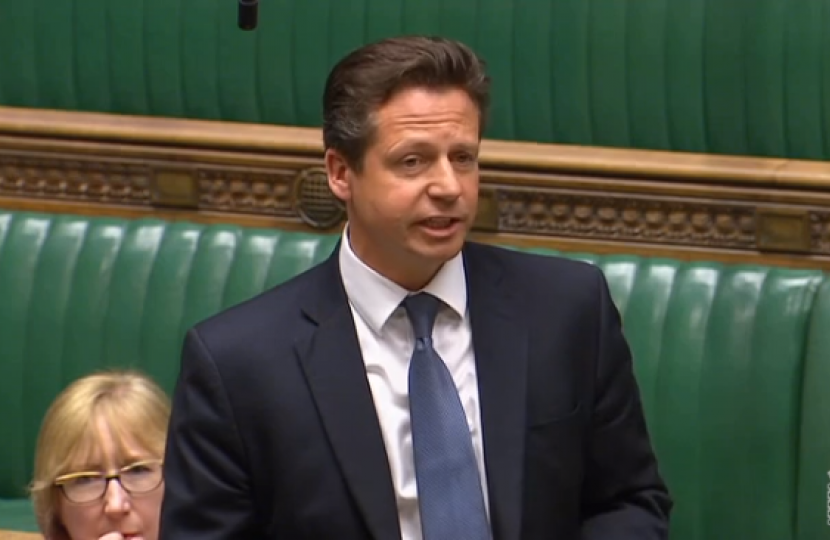
Today in Parliament there was a debate on the Assault on Emergency Workers (Offences) Bill and I was pleased to be able to contribute.
The Bill will create a statutory aggravating factor, which means that when a person is convicted of a specific offence, the judge would have to consider the fact that it was committed against an emergency worker as an aggravating factor in determining the sentence. Separately, the Bill also creates a new aggravated version of the offences of common assault and battery when committed against an emergency worker, for which the maximum allowed for common assault will be increased from six months to 12 months. I am pleased that this Bill will cover a broad range of emergency service workers including police, prison officers, custody officers, fire service personnel, search and rescue services and many healthcare workers including ambulance personnel.
That this Bill is even necessary is regrettable, but sadly the statistics on rising assaults against emergency service workers suggest that the current law may not be going far enough in protecting these workers and demonstrating how serious an offence assaulting one is.
During the debate I mentioned the rise in assaults against prison staff which, given the fact that HMP Long Lartin is in my constituency, I have a particular interest in. As a high security prison Long Lartin contains some of the most troubled and aggressive inmates in the country and from cases that have been raised with me by constituents as well as incidents that have gained national attention, it is clear that sadly this aggression is all too frequently targeted towards prison staff. I took the opportunity of the debate to thank the prison officers and staff who serve with such professionalism at Long Lartin, and I reiterated how seriously I take my responsibility as an MP to help ensure they can work in a safe environment.
I also spoke of how assaults against police officers are on the rise, with one assaulted every 4 minutes in England and Wales and a 10% increase in incidents in West Mercia. But while statistics can be useful in demonstrating the scale of a problem, it is important with issues such as this to not lose sight of the fact that behind each number is an individual person. I mentioned the efforts being taken to counter this by West Mercia’s Police and Crime Commissioner, John Campion, who is leading the ‘Behind the Badge’ campaign. Mr Campion has explained that he launched the campaign because he “wants the public to see the person behind the police badge” and one West Mercia PC who was the victim of an assault and is part of the campaign has said “we are human, just like everybody else, and we have a job to do. If nothing else, just remember that I have got a family that I would like to go back to”.
Every day, emergency service workers across the country leave their families to go to work in what are often highly stressful, demanding conditions. Whether they are a police officer, a prison officer, a firefighter, or indeed any other emergency worker, they have taken the brave decision to work in public service protecting their fellow citizens and they should be able to do so without fear of being attacked.
It is my hope that the passage of this Bill sends a clear message to emergency service workers about how deeply they are valued, and provides reassurance that they do not need to tolerate abuse and assault while carrying out their duties. I hope, too, that the Bill’s passage sends a message to the public that emergency service workers are protected by legislation and those who are violent towards them will face the full force of the law.
